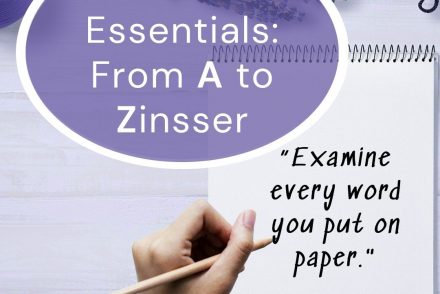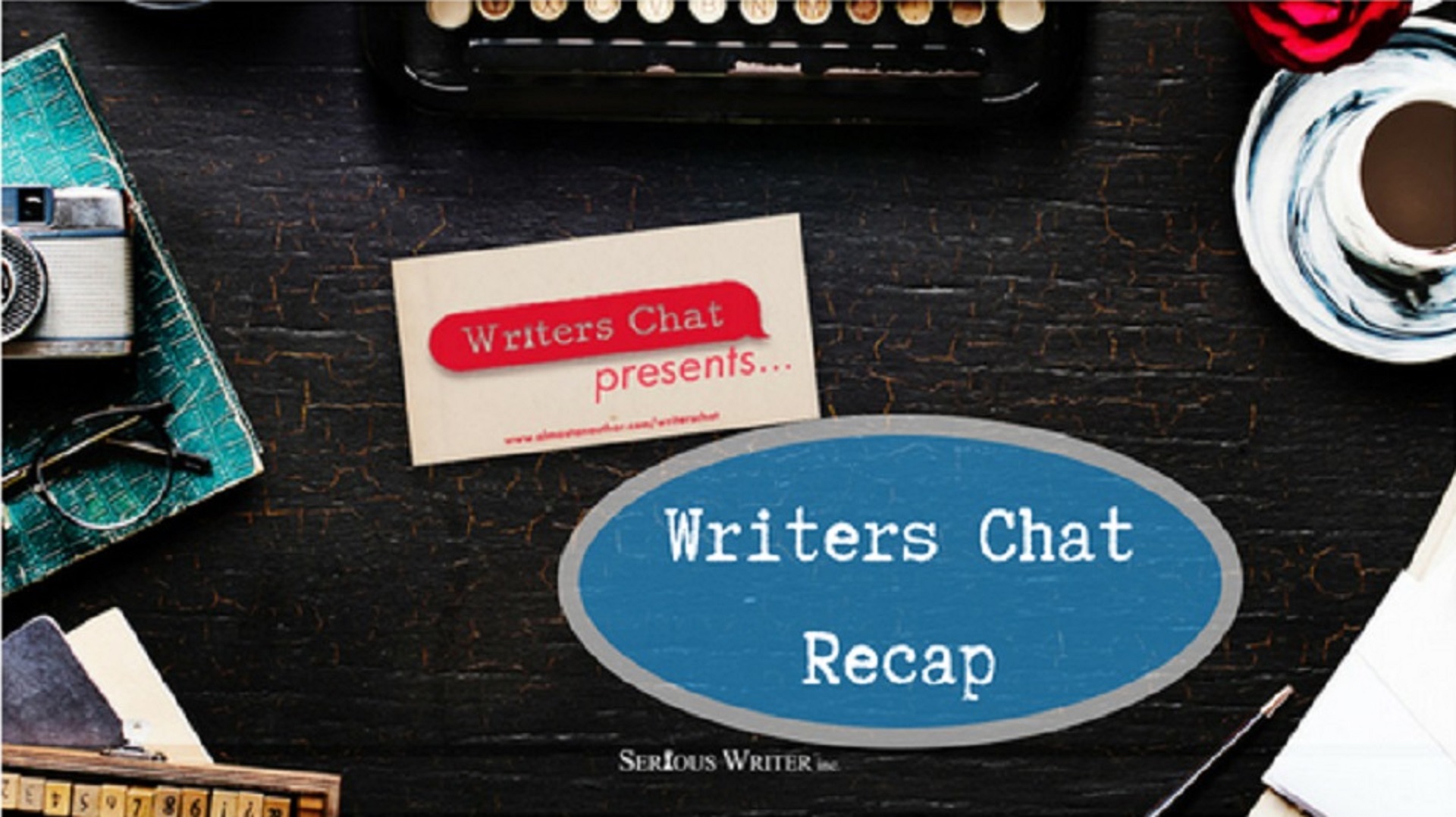
Help Me with My Book!
As more books are published in a variety of ways (traditional, self-pub, hybrid, assisted), a whole crop of people…
November 9, 2023
As more books are published in a variety of ways (traditional, self-pub, hybrid, assisted), a whole crop of people…
November 9, 2023
“Rewriting is the essence of writing well; it’s where the game is won or lost. That idea is hard…
January 21, 2022
Writers Chat, hosted by Jean Wise, Johnnie Alexander, and Brandy Brow, is the show where we talk about all…
June 30, 2021
It cannot be overstated: Critique groups are vital for writers. The critique group is to a writer what coaches…
October 16, 2020
My dear Mother-In-Law is ninety years old, but she’s not like any senior citizen you’ve ever met. Power suits,…
September 5, 2020
It has never been easier to publish a book thanks to the rapid advancement of technology. Goodreads and Amazon…
August 18, 2020
There will be days when writing is hard. When your eyes burn and your back hurts. You will scrape…
June 27, 2020
As an adult, writing has been a mainstay of my professional career. I majored in journalism, interned at newspapers,…
February 16, 2020
Does the word critique fill you with dread? It shouldn’t. I have learned most of what I know about…
January 8, 2020
You had an idea. You wrote. You slept. You wrote some more. You edited. You cried. (Just me? Oh.…
October 16, 2019
Writers Chat, hosted by Jean Wise, Johnnie Alexander, and Bethany Jett, is the show where we talk about all…
June 30, 2019